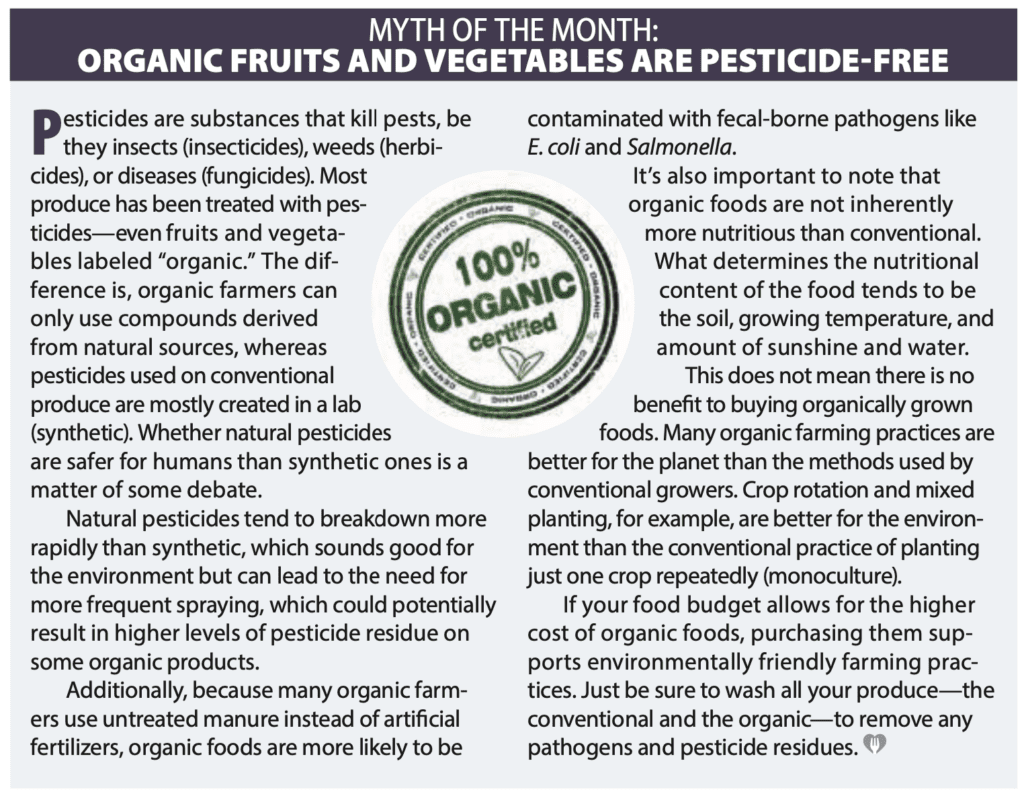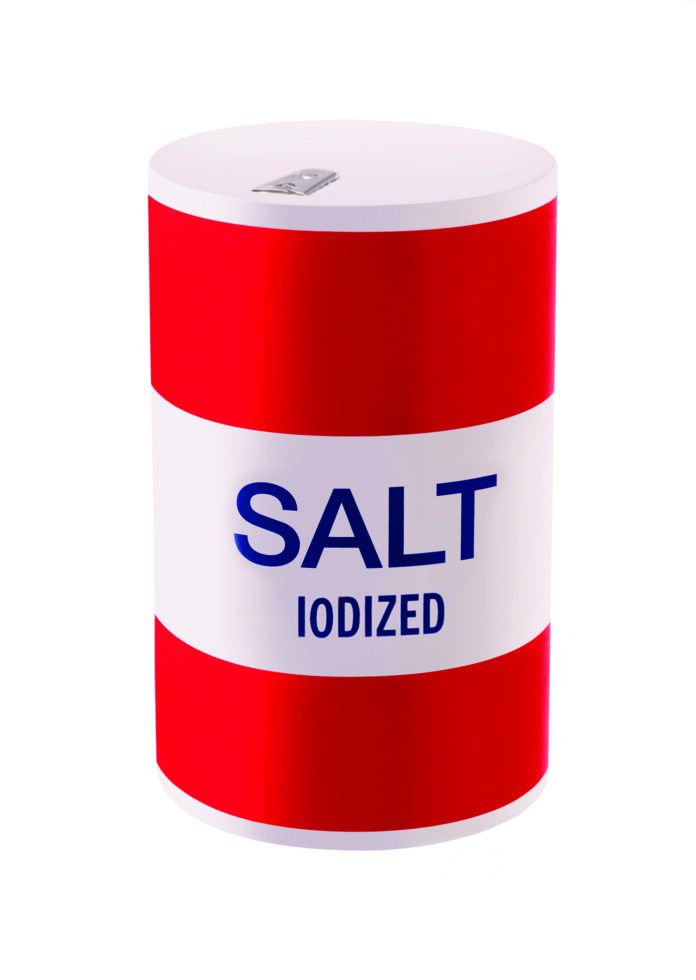Q: How can I be sure I’m getting enough iodine if I’m restricting the salt in my diet?
A: Judith C. Thalheimer, RD, LDN, executive editor of Tufts Health & Nutrition Letter, answers: “The answer to your question depends on several variables, including what other foods you typically eat. In addition to iodized salt, fish, seaweed, shrimp, and other seafood are generally rich in iodine. Dairy products (such as milk, yogurt, and cheese) and eggs are also good sources.
“According to the National Institutes of Health (NIH), the salt used in processed foods is almost always non-iodized. In addition, specialty salts, such as sea salt, kosher salt, Himalayan salt, and fleur de sel, are not usually iodized and may provide only trace amounts of this important mineral.
“The mineral iodine is essential to proper thyroid function and normal fetal development. Before iodine was voluntarily added to table salt in the U.S. in the 1920s, hypothyroidism, goiter (a lump in the neck indicative of iodine deficiency), and iodine-deficiency related birth defects were common.
“Most adults in the U.S. exceed the daily recommended 150 micrograms (mcg) of iodine, so there is usually no need to seek out high-iodine foods or take iodine supplements, even when restricting salt intake.
“People who are limiting salt intake are not on the NIH’s list of those at risk for iodine deficiency. That list includes: pregnant women (who need about 50 percent more iodine in their diets to provide for the development of the fetus); people who eat few or no dairy products, seafood, and eggs (such as vegans); and people who eat few iodine-containing foods and also eat a lot of soy and cruciferous vegetables (such as cabbage, broccoli, cauliflower and brussels sprouts), since these foods contain goitrogens—substances that interfere with the way the body absorbs iodine. [Note that people who regularly eat iodine-containing foods can eat as many servings of soy and cruciferous veggies as they want.] When purchasing salt for the home, there are two options, iodized or non-iodized. It is a good idea to pick the former.”

























